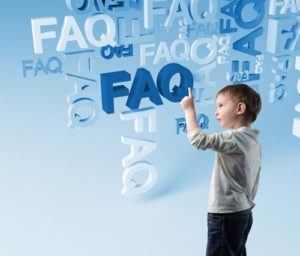Frequently Asked Questions
Find some of your answers here!
What is an SLP?
How do I know if my child needs Speech Language Therapy?
Speech and language challenges are more prevalent than many people realize. It’s crucial for parents and guardians to trust their instincts when it comes to their child’s developmental milestones. Timely intervention is a critical element in achieving long-term success for children experiencing speech and/or language difficulties. Scheduling an initial evaluation enables our clinicians to pinpoint specific areas of language or particular articulation errors that need attention. At Communicating Above Barriers, we’re dedicated to providing tailored support to ensure every child can communicate effectively and confidently.
What is PROMPT therapy?
What can I expect at my first appointment?
Before the initial appointment, parents will be asked to complete a consent form and a comprehensive background information questionnaire. This questionnaire covers your child’s family history, health, developmental milestones, educational experiences, and any specific concerns or goals you have for their development.
Following the evaluation, your Speech-Language Pathologist (SLP) will provide a summary of the session and share any observations made during the assessment. Within four weeks, a formal written report will be provided, detailing standardized test results, percentile ranks, and age-equivalent levels.
We also encourage you to bring any referrals or previous reports to the initial session to ensure a comprehensive understanding of your child’s history and needs.
What can I expect at an regular session?
Therapy is a personalized experience for each child, involving direct engagement with your child as well as strategies to implement at home to enhance their speech and language skills. You and your child may receive homework assignments to complete between sessions. These activities are crucial for reinforcing what your child learns in therapy and ensuring that these strategies are applied across various environments.
At Communicating Above Barriers, we prioritize setting goals tailored to the unique needs of each individual. Our approach is centered on providing support that is both effective and relevant to your child’s specific challenges and objectives.
Do I need a referral?
No.
Insurance and Billing
Certainly! We accept a variety of insurance plans. To confirm whether we accept your specific insurance provider, please don’t hesitate to contact us. We’re here to assist you with any questions or concerns you may have regarding insurance coverage for our services.
How many sessions will my child need?
Are your therapists licensed and certified?
How can I get started with speech therapy at Communicating Above Barriers?

